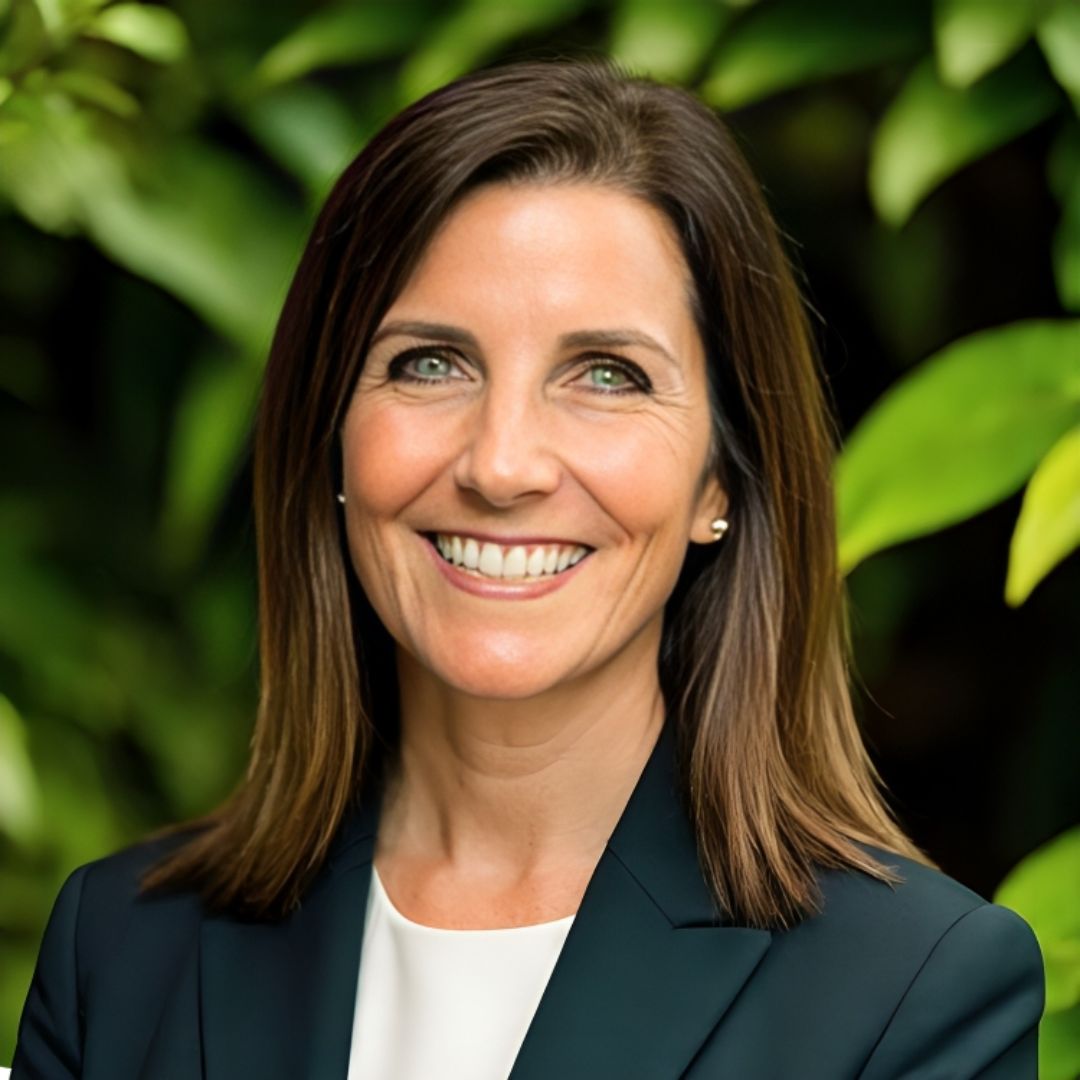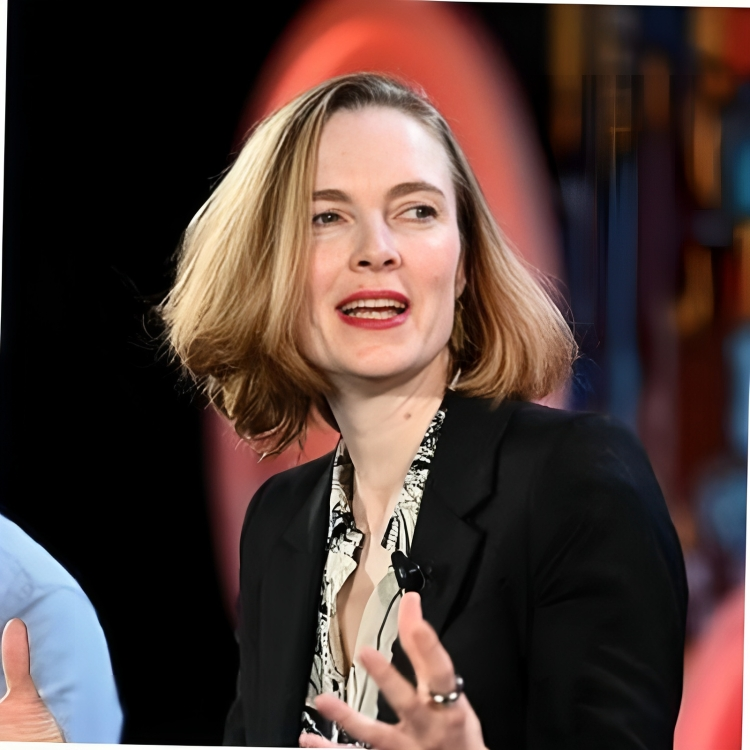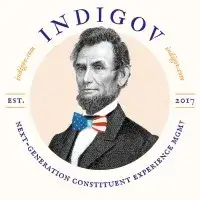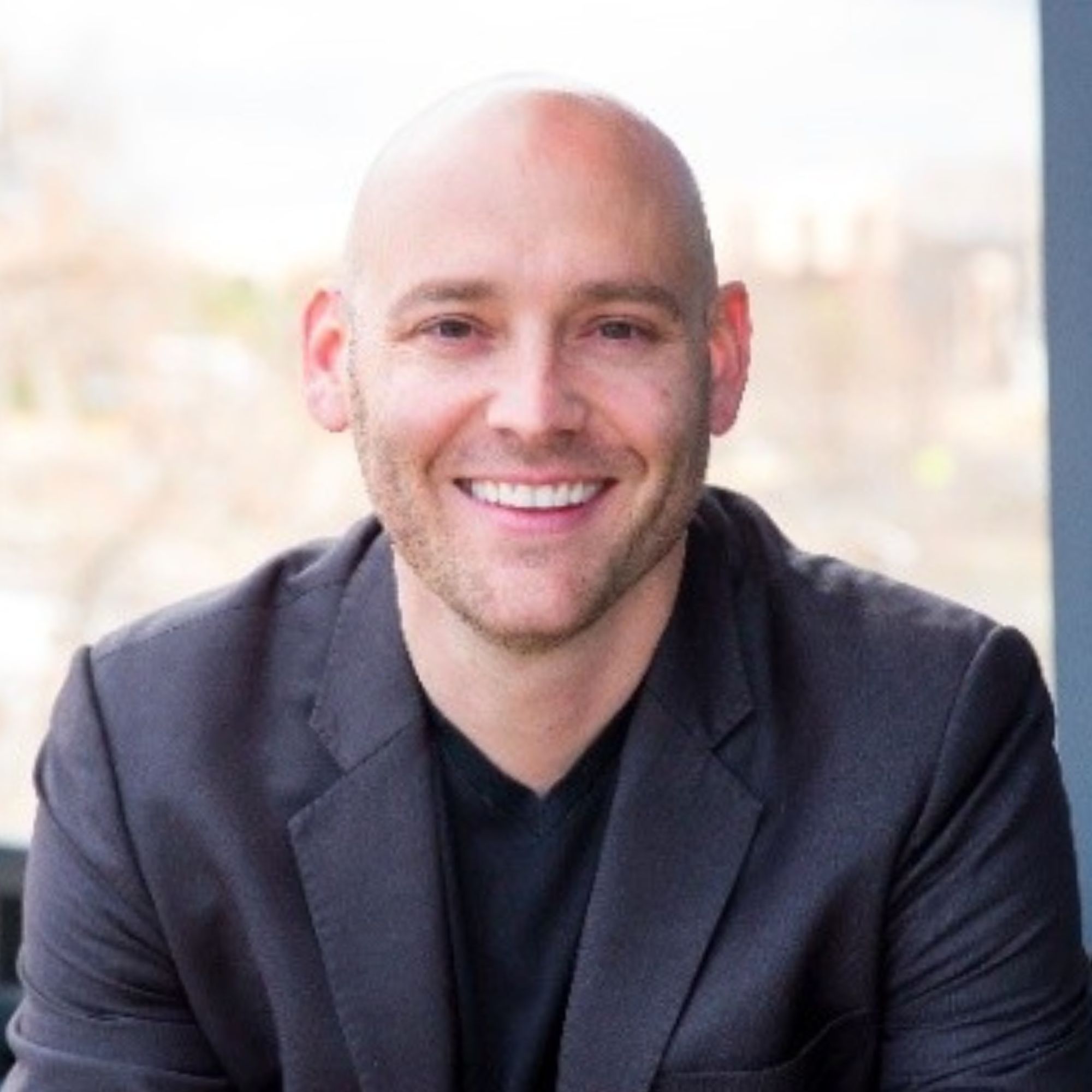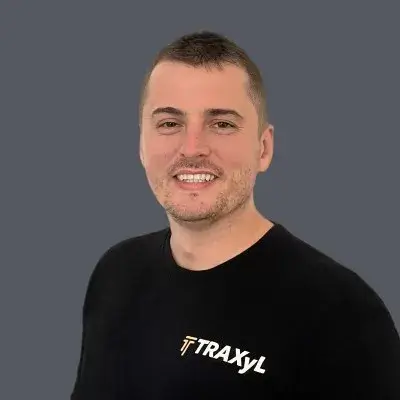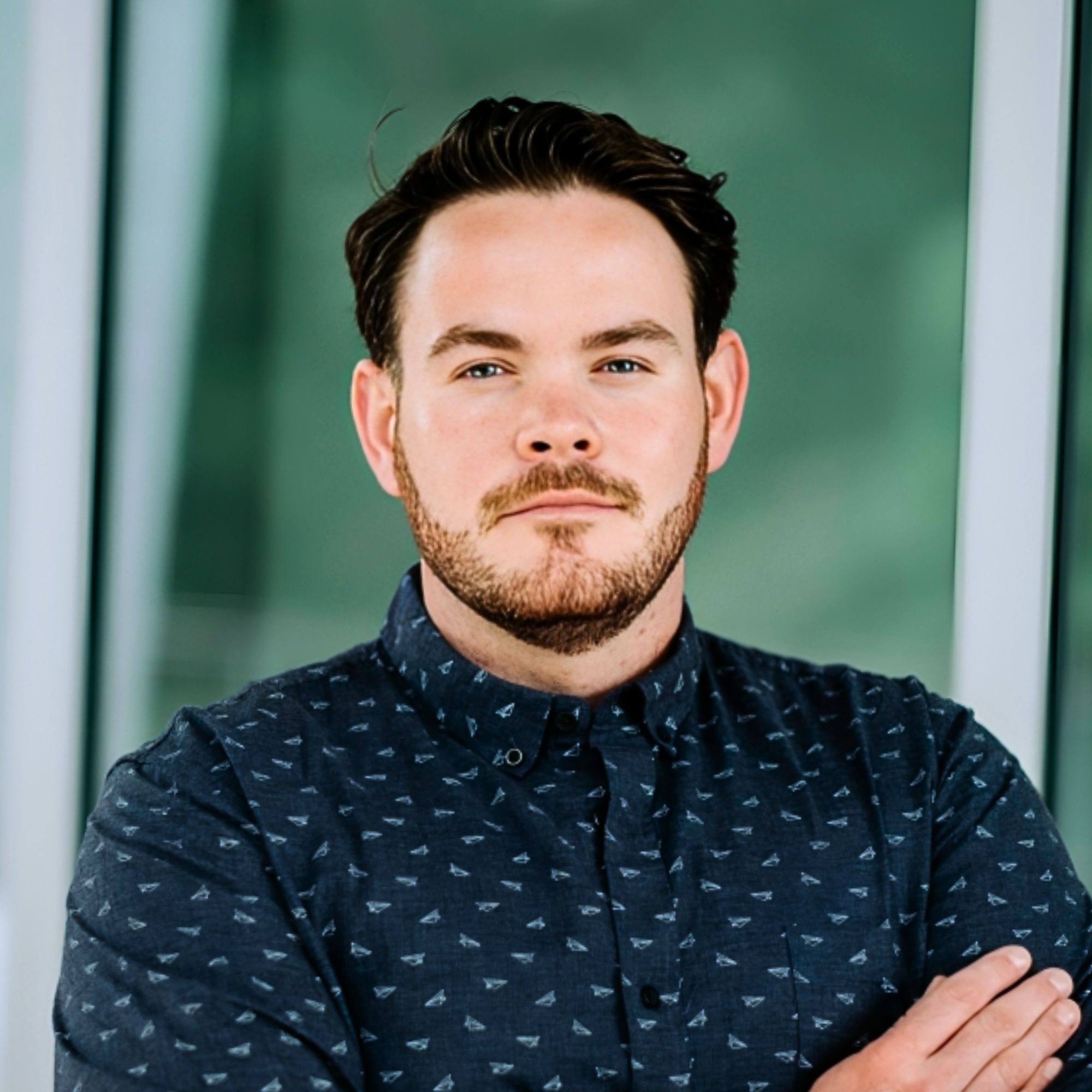Ready to build your own Founder-Led Growth engine? Book a Strategy Call

Frontlines.io | Where B2B Founders Talk GTM.
Strategic Communications Advisory For Visionary Founders
Actionable
Takeaways
Immerse yourself completely in your target customer's world:
Daniel spent 32 ride-alongs with police officers across different departments, not just conducting interviews but observing their daily workflows for hours. He describes himself as "chief ride along officer" and emphasizes that he had to "creepily watch them work for hours" to understand their pain points. B2B founders should go beyond traditional customer interviews and embed themselves in their customers' actual work environment to identify problems that aren't immediately obvious through conversation alone.
Start with mock data when real data is inaccessible:
Unable to access actual body camera footage, Daniel created fake scenarios with friends, filming mock arrests and citations to train their AI models. This creative workaround allowed them to begin product development despite regulatory barriers to accessing real police footage. B2B founders facing data access challenges should find creative ways to simulate their target environment and data types to begin building and testing their solutions.
Become an insider to overcome industry skepticism:
Daniel secured a position as a "records intern" at Richmond Police Department when they wouldn't initially buy his solution, giving him access to real body camera footage and deeper understanding of police workflows. This inside access became crucial for product development and credibility. B2B founders entering unfamiliar industries should consider temporary or consulting arrangements that allow them to work alongside their target customers and gain credibility within the industry.
Give away pilots strategically in government markets:
Contrary to Y Combinator's advice to always charge for pilots, Daniel found that offering free trials was essential for police departments due to their complex procurement processes. He explains that "if they have to pay for something, that's a hassle" in government settings, but if they're willing to share their data with you, "they're serious about it." B2B founders selling to government should consider free pilots as a necessary investment to navigate bureaucratic purchasing processes.
Build standalone solutions before attempting platform integration:
Abel Police initially tried to integrate with every record management system, which significantly delayed their go-to-market timeline. They found success by building a standalone version first, then pursuing integrations. Daniel notes they "would have never sold anything" if they had stuck to their original integration-first approach. B2B founders should prioritize getting a working solution in customers' hands over achieving perfect system integration from day one.
Leverage adjacent opportunities from your core market position:
Once established with police departments, Abel Police identified additional problems like online citizen reporting and policy/law lookup tools. Their relationship with agencies made them "very open to new solutions" since "there's way more problems than there is solutions" in policing. B2B founders should view their initial market entry as a platform for identifying and addressing related problems within the same customer base.
Conversation
Highlights
How a Data Engineer Built Police Technology by Becoming an Unpaid Intern
When Daniel Francis helped his friend escape domestic violence in 2021, he never expected it would lead to founding a police technology company. But sometimes the most unexpected moments reveal the biggest opportunities.
In a recent episode of Category Visionaries, Daniel, founder and CEO of Abel Police, shared how a 45-minute police response time in Oakland sparked a journey that would challenge everything he thought he knew about go-to-market strategy.
The Moment Everything Changed
Daniel’s path into police technology began with a crisis. After helping his friend secure housing, her abusive husband discovered her location and came “banging on the door, saying he’s going to kill her.” The police response took 45 minutes to arrive.
“I showed up that day, I was like, what the hell guys? Why did it take 45 minutes?” Daniel recalls. The officer’s response was immediate and honest: “Listen man, I’m super sorry. Like we’re super short staffed here. There was a shooting this morning.”
This moment forced Daniel to confront something he’d “never thought about” – the nationwide police staffing shortage and its real-world consequences. “I really saw up close what it’s like when there’s a violent situation and nobody’s coming. It’s really terrifying.”
What followed was months of research that would uncover a staggering inefficiency. Daniel’s favorite approach to understanding new industries? “Find PDFs and read PDFs.” In the 2021 San Francisco Police Department staffing analysis, he discovered that “police officers spend one third of their time writing reports.”
The solution seemed obvious: “They have body cams. We could definitely do something about this.”
Building Without Access to Real Data
Here’s where most founders would hit a wall. Body camera footage isn’t exactly available on demand, and Daniel had zero connections in law enforcement. His solution was unconventionally creative.
“Step one, very funny enough, was holding my camera, my phone to my chest and making fake videos where I warned my friends for like littering and other petty crimes,” Daniel explains. “We made up lots of fake body cam footage and I warned my friends for many petty crimes and even arrested a friend once on camera.”
This approach allowed them to begin training their AI models despite regulatory barriers. But Daniel knew that mock data could only take them so far.
The Intern Strategy That Changed Everything
What Daniel did next defies conventional startup wisdom. Instead of trying to sell to police departments from the outside, he found a way to get inside.
Richmond Police Department’s response was initially skeptical: “We’re not buying whatever you’re selling right now. Like it sounds fake.” But they offered an alternative: “They took me out as a records intern and they’re like, you can work on trying to automate some of this process.”
This unconventional approach gave Daniel something no amount of customer interviews could provide – access to real body camera footage and deep immersion in police workflows. “That gave us access, that gave me access to body cam footage that we could start processing.”
Observation Over Interview
Daniel’s approach to customer discovery was equally unconventional. Rather than conducting traditional interviews, he embedded himself in police operations through ride-alongs.
“I go on a lot of ride alongs. My title CEO, really what I do is I’m chief right along officer,” he jokes. “I don’t know, I didn’t know anything about policing when I got in.”
His method was methodical but unorthodox: “I’m not good at asking customers questions. I’m not good at interviewing them. What I have to do is just sit there and creepily watch them work for hours and kind of absorb what their pain points are through that, which was not time efficient, but it was definitely effective.”
Over 32 ride-alongs, Daniel gained insights that traditional customer research methods couldn’t provide. The experience was often intense – he witnessed overdoses, domestic violence calls, and even participated in a high-speed pursuit that reached 130 mph on the highway.
Defying Y Combinator’s Core Advice
One of Abel Police’s most crucial go-to-market decisions directly contradicted advice from Y Combinator, the prestigious accelerator program they completed.
“Y Combinator really wants you to charge for pilots,” Daniel explains, understanding their reasoning that free products often “take a backseat and not be as important.”
But government markets operate differently. “When you’re going to police agencies, if they have to pay for something, that’s a Hassle. That’s a big hassle.”
Daniel’s solution was to offer free pilots with a strategic twist: “We put them on free pilots… have them try it, have them get addicted to it, and then go to the city council and say, hey, we’re going to have a labor problem if we take this away from the officers.”
This approach recognizes a fundamental truth about government procurement: “If they’re doing it, if they’re letting you in, then they’re serious about it, they’re taking it seriously.”
The Technical Challenge Behind the Simple Promise
While the concept sounds straightforward – use AI to generate police reports from body camera footage – the execution proved far more complex than expected.
“It was like, yeah, just take transcripts and feed it through ChatGPT. That’d be really simple. It turns out that’s not a good way to do it,” Daniel admits. “What actually you need is to understand the people on screen. You have to describe them, describe the actions that they’re taking.”
The solution required sophisticated computer vision capabilities combined with integration into dispatch systems to provide context about why officers were originally called to a scene. Despite this complexity, Abel Police designed the user experience to be simple: “log into this website and here’s all of your narratives that are finished for you.”
Navigating Government Sales Cycles
Enterprise software sales are notoriously long, but government sales present unique challenges. Daniel discovered that police department deals typically take six months to a year, compared to the one-month enterprise deals he’d closed in previous companies.
The complexity extends beyond just time. Creating a new budget line item requires city council approval, which Daniel describes as “kind of a nightmare.” As he puts it: “City council has to approve that line item. And you have to go to a city council meeting and get, you know, six out of the seven people to agree with you.”
This challenge led to a strategic pivot for their second product. Rather than creating another new category, they’re targeting existing budget lines by replacing incumbent solutions facing market pressures.
Word-of-Mouth in a Chatty Industry
Despite the challenges of government sales, Daniel discovered that police departments have excellent internal communication networks. “One thing that’s great is cops are very chatty. They love talking to other cops, and so they all know each other in a particular area.”
This natural networking behavior became a crucial growth driver. “We’re getting traction in the Bay Area. It’s because of the agencies that we started with talking to the agencies around them.”
The approach requires patience and consistent presence. “Long term, to get real penetration just takes time. Just takes time and being around consistently.”
Expanding Beyond Core Product
Success with their initial report-writing solution opened doors to address adjacent problems. Daniel discovered that “once we get in and we have these opportunities because we already know the agency they’re very open to new solutions. They have so many problems.”
Abel Police is now developing additional products including citizen report intake systems and an AI chat interface that helps officers quickly access policy manuals and state laws. The expansion reflects Daniel’s observation that in policing, “there’s way more problems than there is solutions.”
The Contrarian Wisdom
Daniel’s journey with Abel Police offers several counterintuitive lessons for B2B founders, particularly those targeting government or regulated industries:
First, sometimes the best market research happens by becoming an insider rather than interviewing from the outside. Daniel’s intern strategy provided access and credibility that no amount of external research could match.
Second, free pilots aren’t always a mistake. In complex procurement environments, removing financial barriers during the evaluation phase can accelerate adoption and create stronger commitment from users.
Third, observational research can reveal insights that direct questioning misses. Daniel’s ride-alongs uncovered operational realities that traditional customer interviews might never surface.
Finally, adjacent opportunities often emerge naturally from solving one problem well. Rather than expanding horizontally from day one, Abel Police built credibility in report automation before tackling citizen intake and policy lookup tools.
Looking Ahead
Abel Police’s success demonstrates that even the most regulated, traditional industries present opportunities for innovative founders willing to adapt their go-to-market approach to market realities rather than forcing standard playbooks onto unique circumstances.
As Daniel reflects on the experience: “The technologists are in shorter supply than the problems to solve.” For founders willing to embed themselves deeply in complex industries and challenge conventional wisdom about customer acquisition, significant opportunities remain in sectors that Silicon Valley has traditionally overlooked.
The lesson isn’t just about police technology – it’s about the power of unconventional customer discovery, the importance of understanding procurement realities, and the value of becoming an insider in the industries you’re trying to transform.

